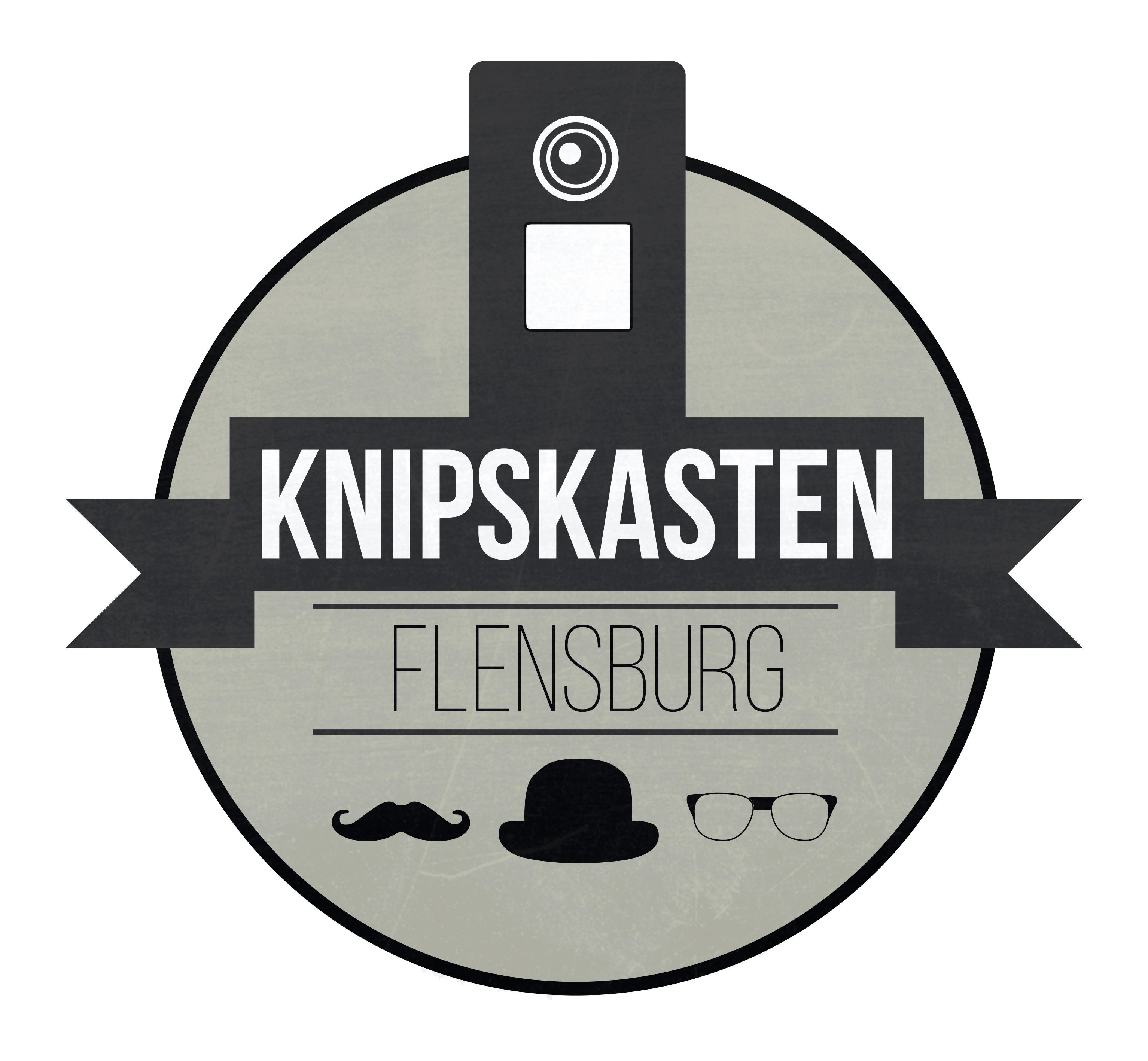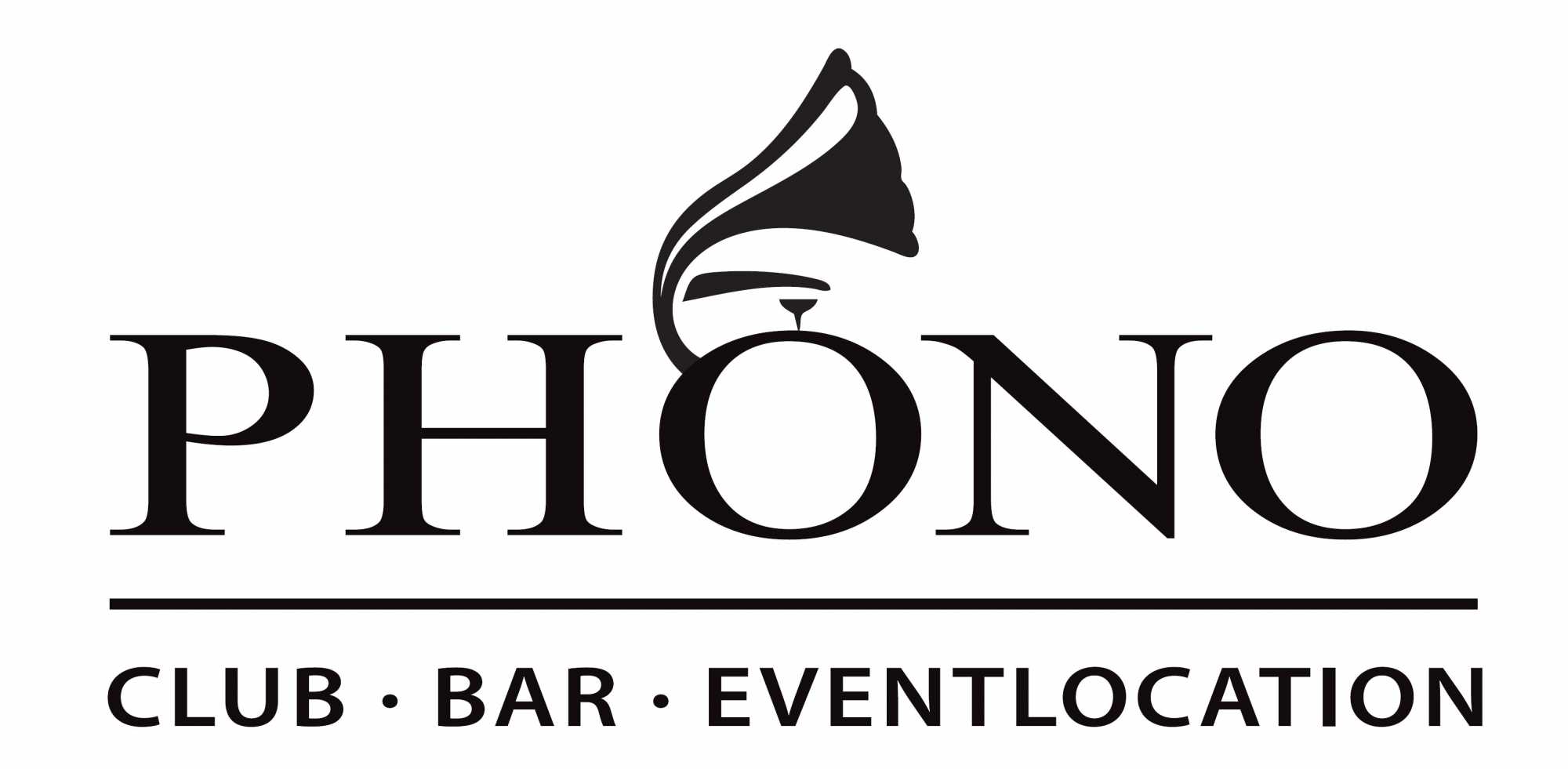- 23 | Jan Votruba
- 1 | Tomáš Votruba
- 19 | Matěj Drtina
- 11 | Daniel Kašubjak
- 5 | Nicolas Kubiš
- 24 | Jan Klíma
- 17 | Janis Berberi
- 4 | Denis Maršálek
- 20 | František Kopecký
- 10 | Lukáš Marcelis
- 14 | Šimon Šticha
- 2 | Christoph Mauerer
- 16 | Ilyas Benjamin Zivana
- 9 | Marek Michael Huber
- 7 | Adam Polívka
- 8 | Jan Formandl
- 12 | Josef Petrouš
- 15 | Jakub Spurný
German minority in the Czech Republic at the EUROPEADA
It will be their very first time taking part in the EUROPEADA in 2024.
German minority in the Czech Republic
German-speaking people have lived in the Czech lands - the Kingdom of Bohemia, the Margraviate of Moravia and the Duchy of Silesia - since the Middle Ages. They settled in the border regions of Bohemia and Moravia from Bavaria, Franconia, Saxony, Silesia and Austria in the 12th and 13th centuries in the course of the so-called "German eastern settlement" and developed these forest and mountain regions, which were often rich in natural resources. They were also a significant urban minority in central locations in the interior of the country, such as Prague, Brno, Pilsen and Jihlava. For centuries, Germans in Bohemia and Moravia played an important role in politics and the economy. There was a continuous transfer of culture, knowledge and technology, which made the Bohemian lands one of the most developed regions in Central Europe until the early modern period.
From 1526, the Habsburgs as rulers promoted German-speaking craftsmen; from the 18th century, merchants, clergy and nobility, among others, by favouring German as the language of administration. However, a unified German-Bohemian consciousness was for the most part not widespread.
German-speaking people have lived in the Czech lands - the Kingdom of Bohemia, the Margraviate of Moravia and the Duchy of Silesia - since the Middle Ages. They settled in the border regions of Bohemia and Moravia from Bavaria, Franconia, Saxony, Silesia and Austria in the 12th and 13th centuries in the course of the so-called "German eastern settlement" and developed these forest and mountain regions, which were often rich in natural resources. They were also a significant urban minority in central locations in the interior of the country, such as Prague, Brno, Pilsen and Jihlava. For centuries, Germans in Bohemia and Moravia played an important role in politics and the economy. There was a continuous transfer of culture, knowledge and technology, which made the Bohemian lands one of the most developed regions in Central Europe until the early modern period.
From 1526, the Habsburgs as rulers promoted German-speaking craftsmen; from the 18th century, merchants, clergy and nobility, among others, by favouring German as the language of administration. However, a unified German-Bohemian consciousness was for the most part not widespread.
After the Second World War, the Germans in what was then Czechoslovakia were under great pressure to assimilate, with the result that the younger members of this minority in particular often assimilated into the country's Czech majority population. With the democratisation process that began after the collapse of the socialist regimes, the issue of minorities was taken up again. It was now possible to choose one's ethnicity freely. In the 1991 census, 48,560 people still identified themselves as German citizens. In the same year as the census, the "Charter of Fundamental Rights and Freedoms of the CSFR" was adopted, providing a legal basis for minorities. This period of upheaval also saw the establishment of the National Assembly of German Associations in the Czech Republic, which to date has 23 associations and 7,500 members.
The German-speaking population preferred to think of themselves as Bohemians, Moravians or Silesians. In the 19th century, national movements made it difficult for these groups to live together. With the establishment of the Czechoslovak Republic in 1918, the collective term "Sudeten Germans" became established for the now over three million Germans in the Czech lands, who became a national minority with extensive autonomous rights. Many of them came under the influence of German ethnic policies in the 1920s and 1930s. As a result of the Munich Agreement of 1938, the German-speaking territories were annexed by the German Reich and the Sudeten Germans were granted German citizenship. In 1939, the remaining territory was occupied by the Germans, accompanied by massive repression of the Czech majority. At the Potsdam Conference in 1945, the Czechoslovak government forced the expulsion of the majority of Germans. Only about 250,000 ethnic Germans were allowed to remain in their homeland.
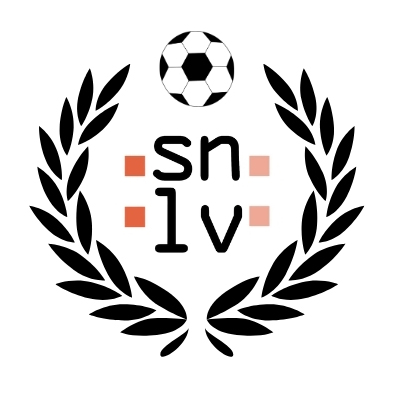
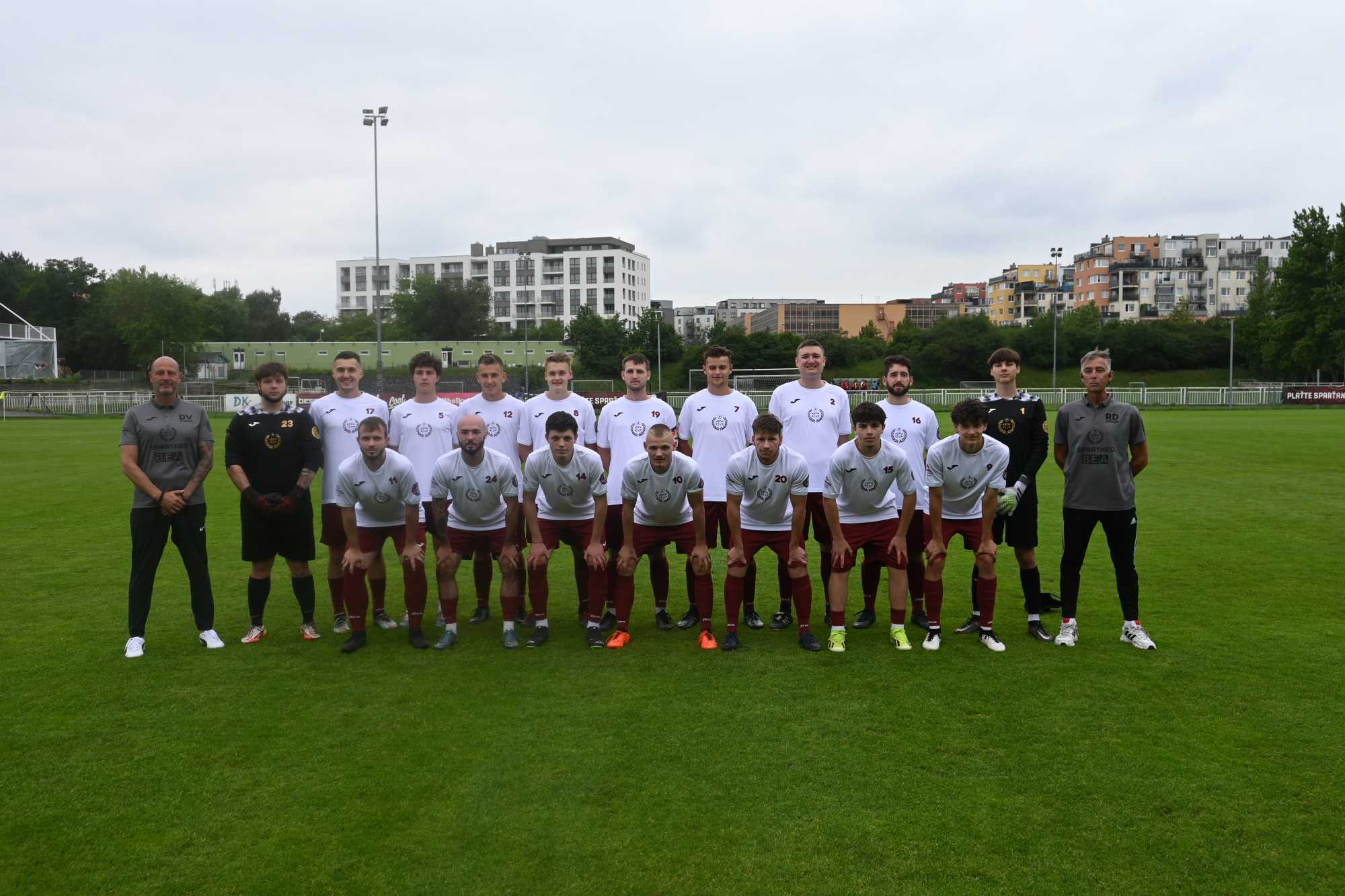



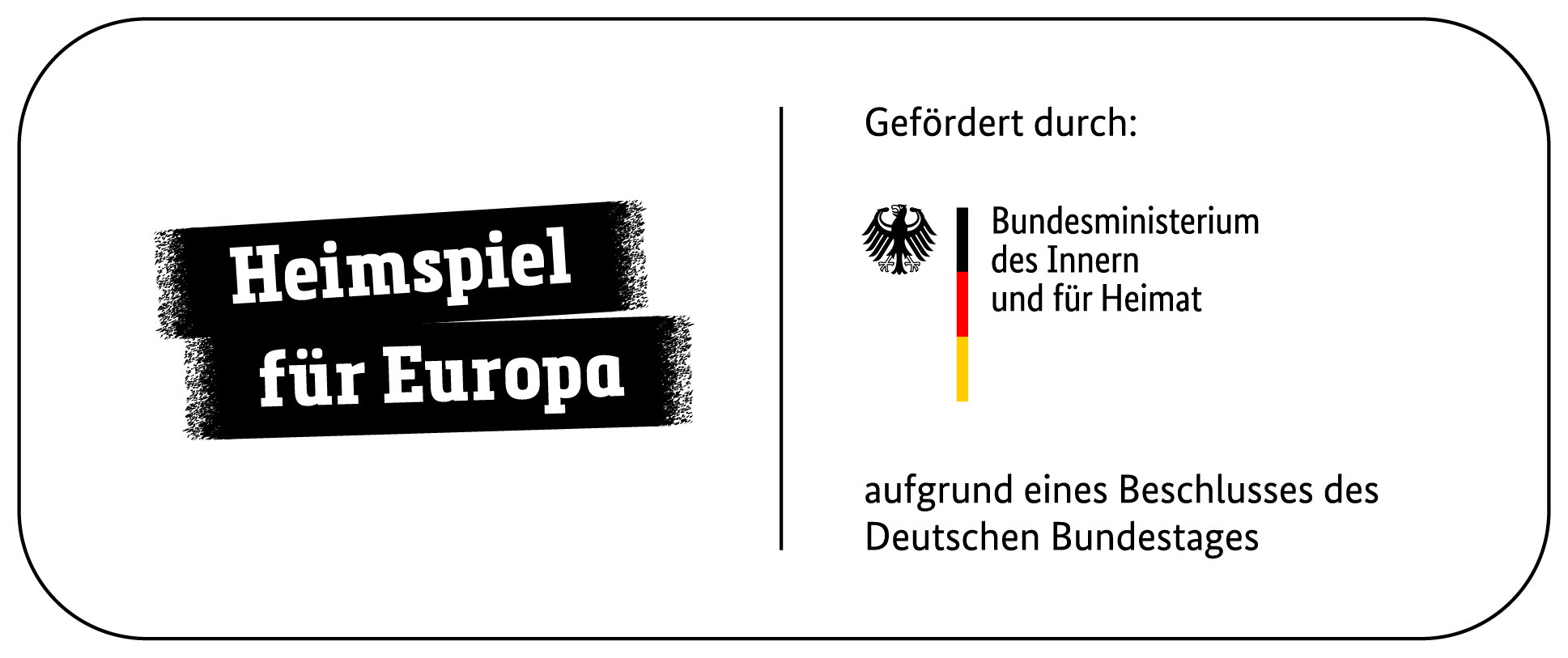
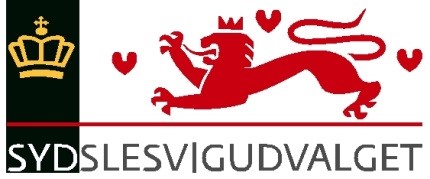



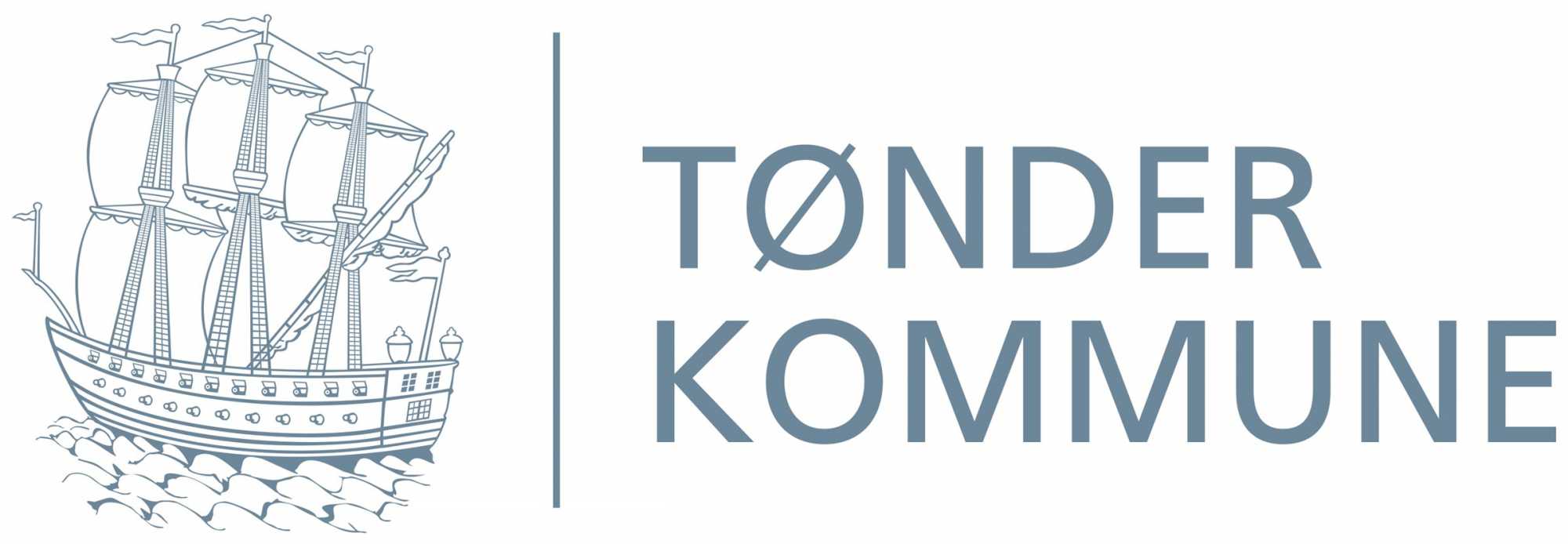
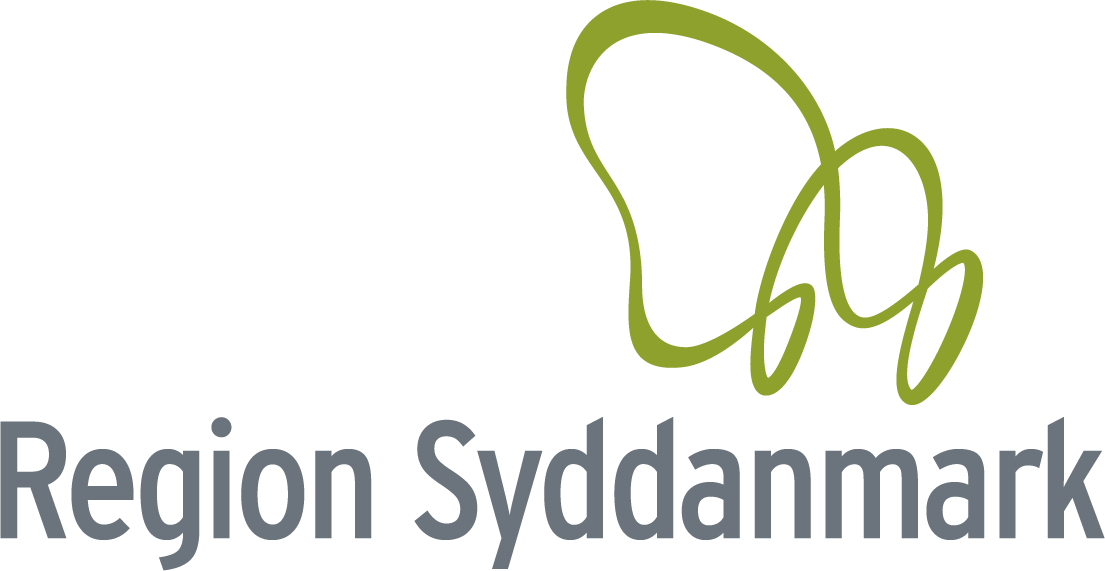
.png)



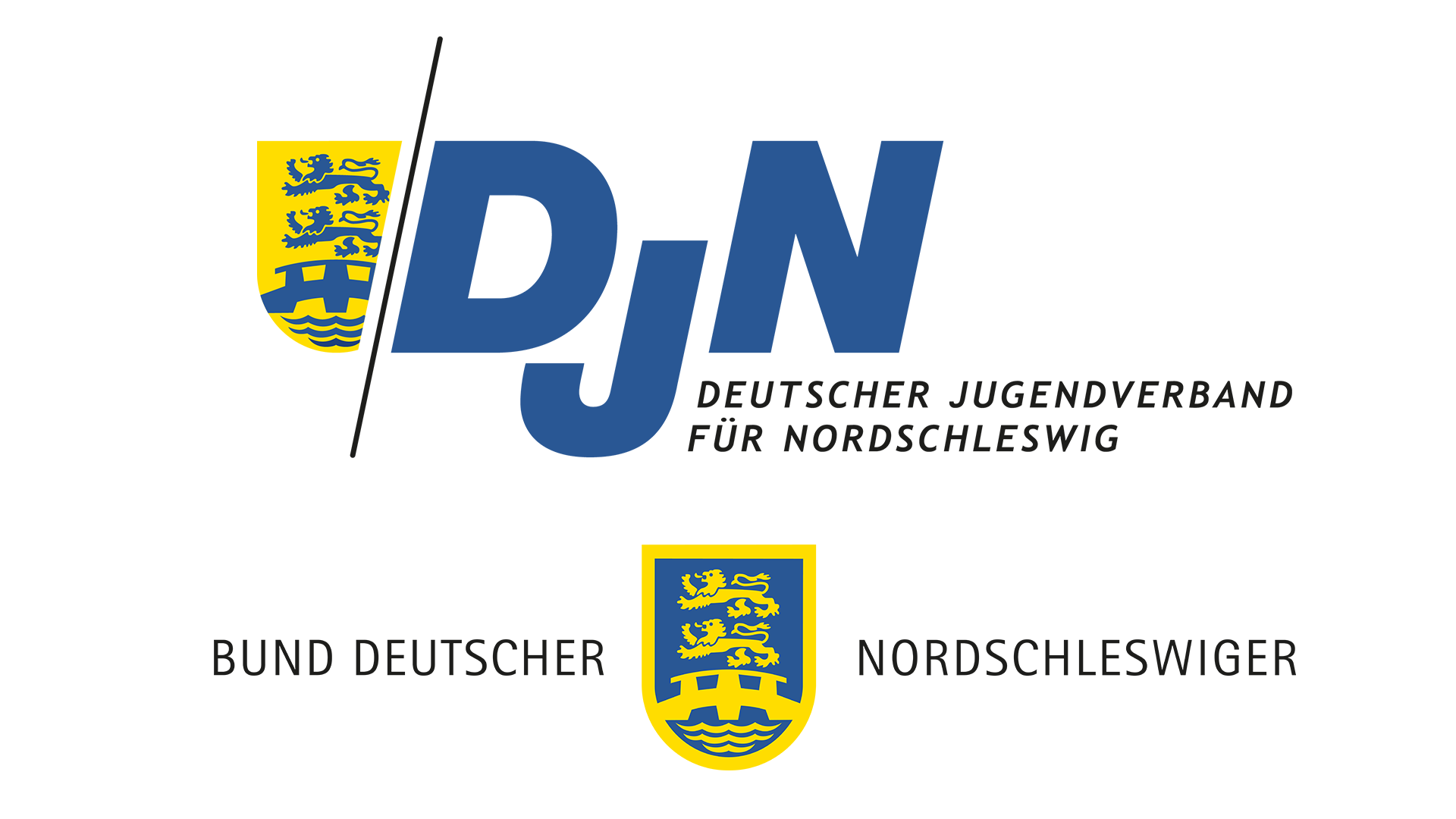
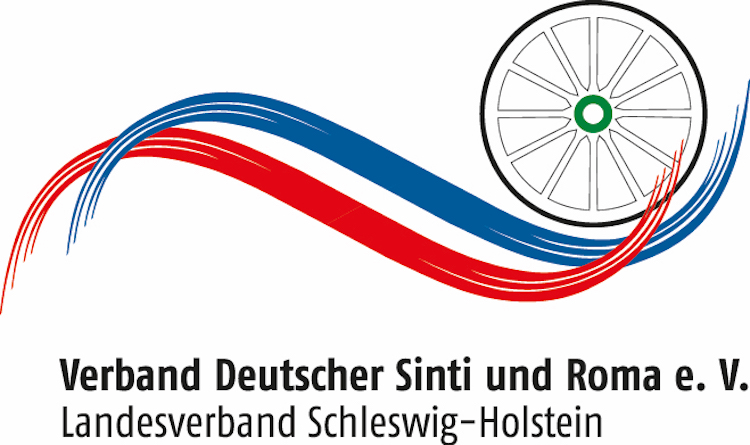

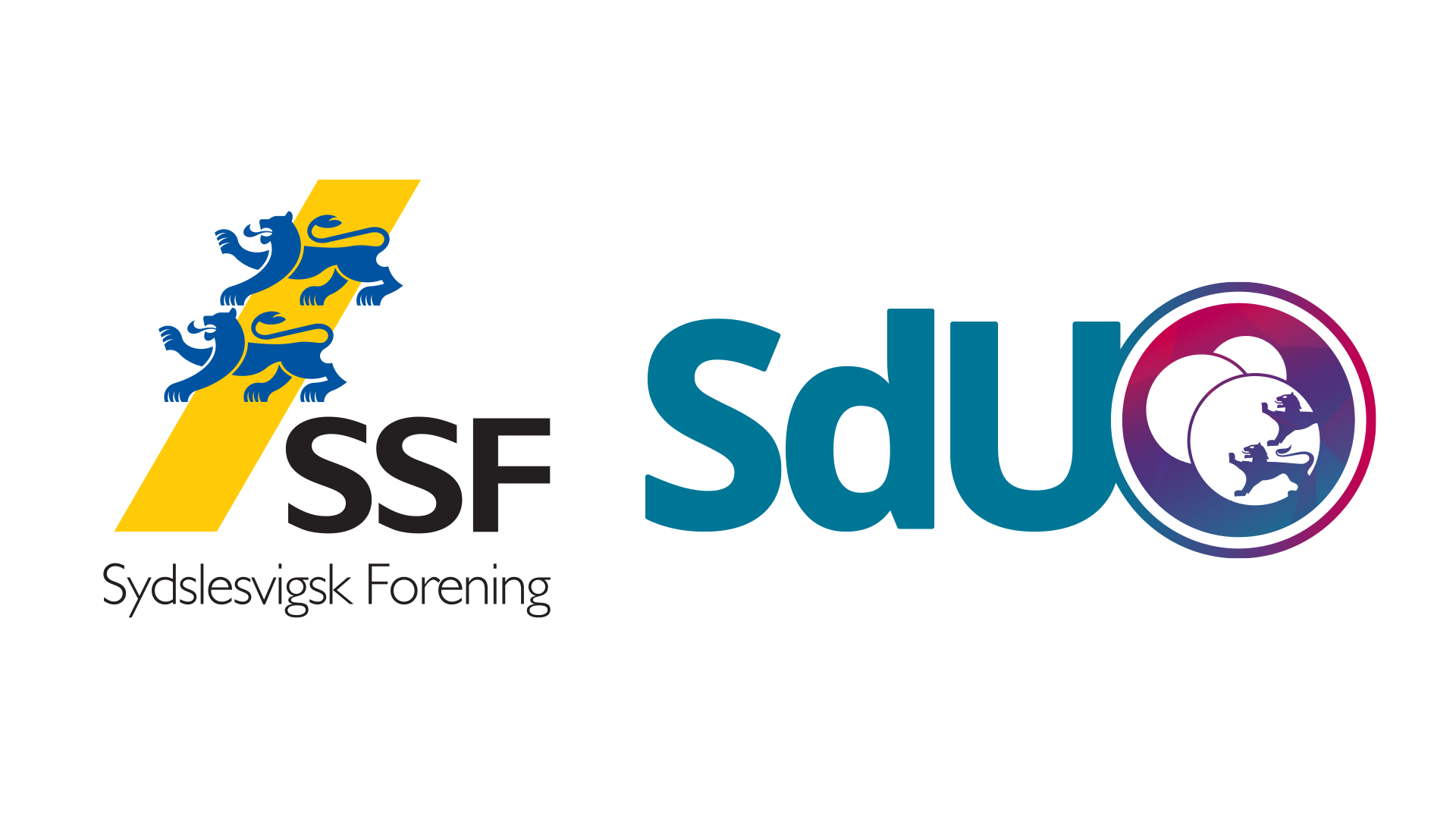


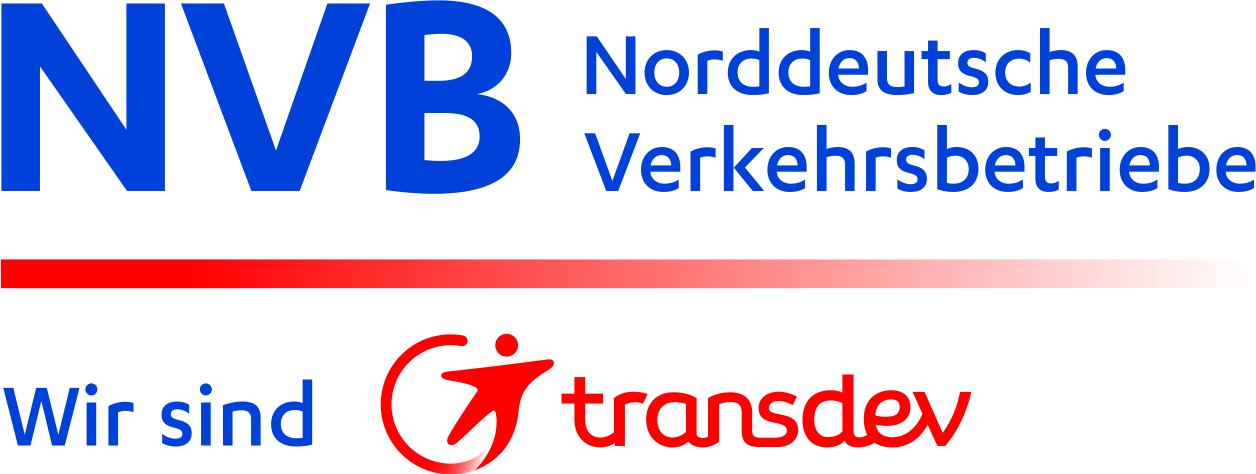

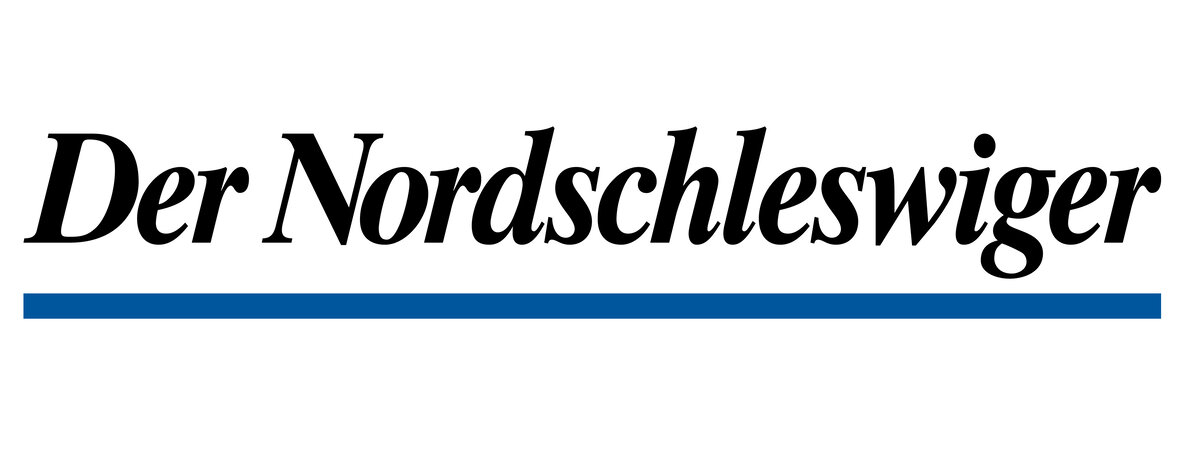





-1.png)
_(1).png)
